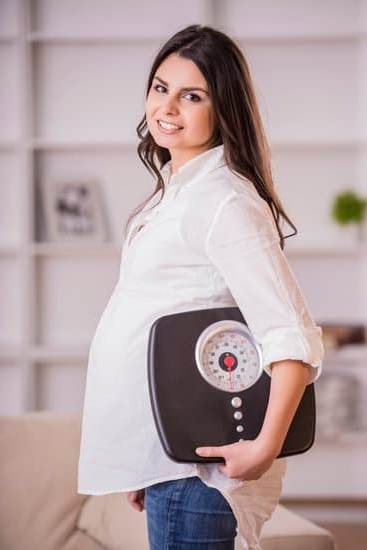How Soon After Ovulation Can You Take Pregnancy Test
There are a few key things to consider when trying to answer the question of how soon after ovulation can you take a pregnancy test. The first is that not all pregnancy tests are created equal. Some tests are more sensitive than others and can detect a pregnancy earlier. The second consideration is the day of ovulation. Not everyone ovulates on the same day and so the timing of ovulation may vary from woman to woman.
The most sensitive pregnancy tests can detect a pregnancy as early as four days before the expected period. However, for most women, the most accurate time to take a pregnancy test is after the missed period. This is typically about two weeks after ovulation. So, if you are trying to conceive, it is best to wait until at least two weeks after ovulation to take a pregnancy test.
If you are trying to conceive, it is also important to keep track of your ovulation date. You can do this by tracking your menstrual cycle or using a fertility monitor. If you are not trying to conceive, you do not need to worry about tracking your ovulation date. Just wait until after the missed period to take a pregnancy test.
When Can I Do A Pregnancy Test Calculator
A pregnancy test calculator can be used to estimate when you can take a pregnancy test to get an accurate result. The calculator uses your last menstrual period (LMP) and calculates how many days your cycle is on average. It then tells you when you can take a pregnancy test and get an accurate result.
How Early Can Take Pregnancy Test
There are a variety of ways to determine if you are pregnant. The most common way is to take a pregnancy test. Early pregnancy tests are available over the counter and can be taken as soon as you suspect you are pregnant. The test may be able to detect a pregnancy as early as four days before your missed period.
A home pregnancy test measures the level of the hormone human chorionic gonadotropin (hCG) in your urine. hCG is produced by the placenta shortly after the embryo implants in the uterus. The level of hCG doubles every two to three days in early pregnancy. Most home pregnancy tests are accurate when the level of hCG reaches 25 mIU/ml.
If you take a home pregnancy test before you miss your period and the test is negative, you should repeat the test in a few days. If the test is still negative, you are likely not pregnant. If you take a home pregnancy test after you miss your period and the test is negative, you should see your doctor to determine the cause of your missed period.
Can Flu Like Symptoms Be A Sign Of Early Pregnancy
Yes, flu-like symptoms can be a sign of early pregnancy, but they could also be a sign of another illness. If you are experiencing flu-like symptoms and you think you might be pregnant, consult with your health care provider.
Flu-like symptoms can include a fever, achiness, fatigue, and a sore throat. These symptoms can also be caused by a number of other illnesses, such as the common cold or the flu. If you are pregnant and experience these symptoms, it is important to consult with your health care provider to determine the cause and to receive treatment, if necessary.
There are a few things that can help you determine whether your flu-like symptoms are related to early pregnancy. One is the timing of the symptoms. If you are pregnant, you may start to experience symptoms as early as the first week after conception. However, it is important to keep in mind that not everyone experiences symptoms early on in their pregnancy, and some people may not experience any symptoms at all.
Another thing to keep in mind is that the intensity of symptoms can vary from woman to woman. Some women may experience only a few mild symptoms, while others may experience more severe symptoms. If you are concerned about the severity of your symptoms, or if they do not seem to be improving, consult with your health care provider.
If you are pregnant and experience flu-like symptoms, it is important to take care of yourself and to get rest. Drink plenty of fluids and eat healthy foods. If your symptoms are severe, or if you have a fever, you may need to take medication. It is important to consult with your health care provider before taking any medication.
Can Pregnancy Cause Loss Of Appetite
There are many potential causes for loss of appetite during pregnancy, including morning sickness, emotional changes, and physical fatigue. While pregnancy itself does not cause loss of appetite, any of these other factors could contribute to a decrease in appetite. It is important to consult with a doctor if loss of appetite is persistent or causes significant weight loss, as this could be a sign of a more serious problem.

Welcome to my fertility blog. This is a space where I will be sharing my experiences as I navigate through the world of fertility treatments, as well as provide information and resources about fertility and pregnancy.





